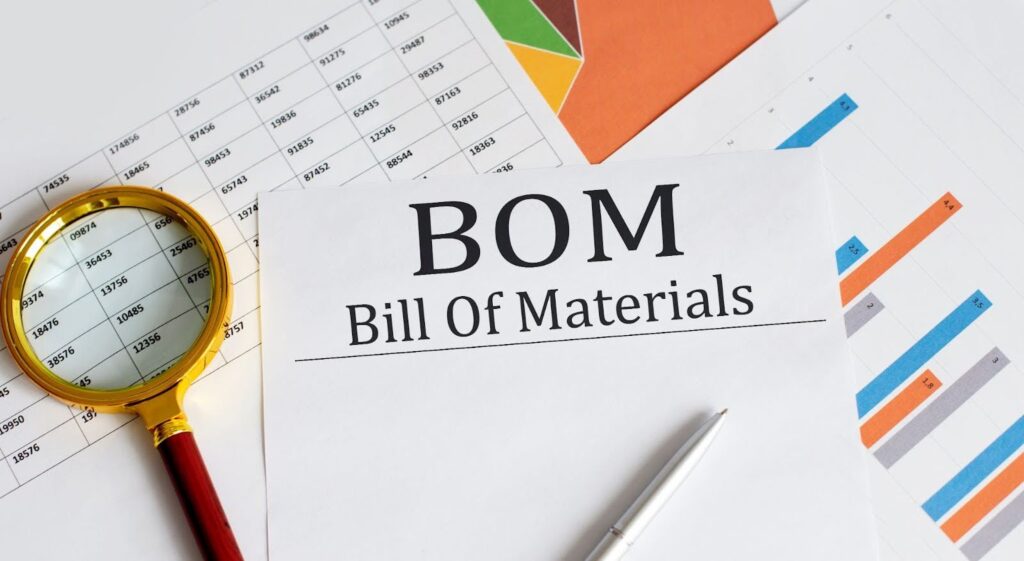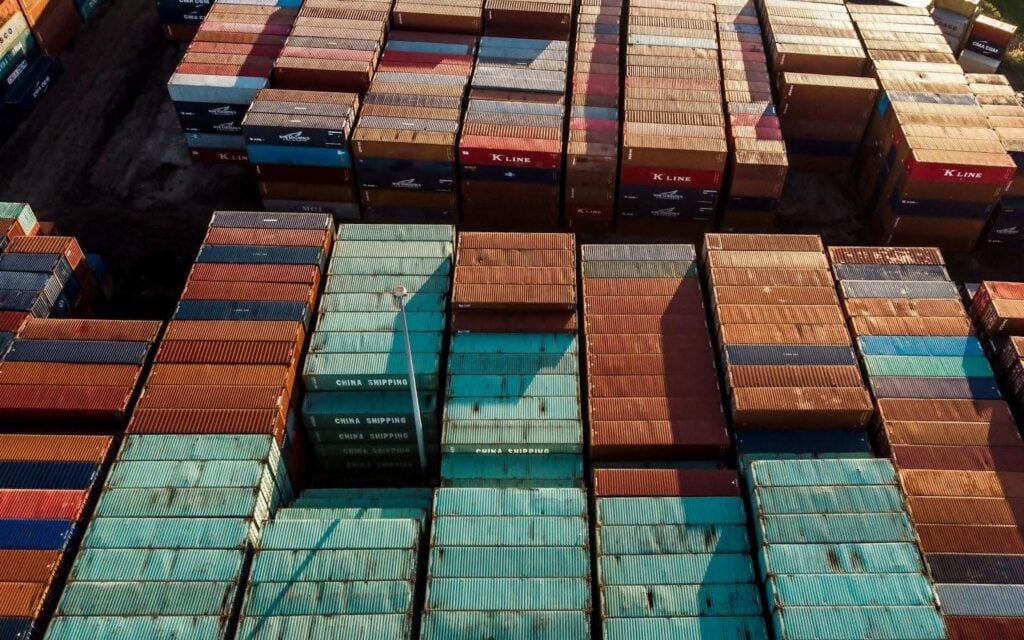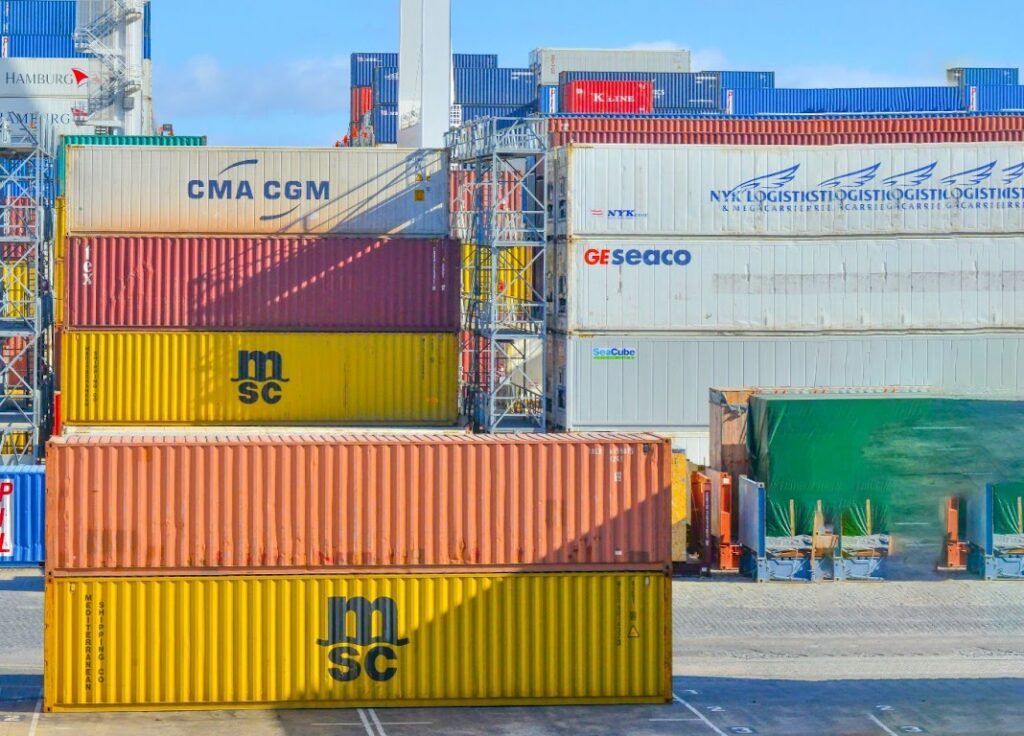Articles
Supply Chain

You Should Be Asking What You Left on the Table!
You can’t assume medium and large companies have “best practices” because they are large, and they must have grown to that size because they are efficient and make great decisions.
Read More
Forward Integration: Strategies, Advantages, And Risks
Forward integration is a key strategy for businesses to strengthen their market position and control over their supply chain. This approach involves companies taking charge of distribution or supply activities further down the value chain. This article examines the various strategies, benefits, and risks of forward integration, offering insights for businesses to effectively implement this […]
Read More
Future Focus: 2024’s Top 3 Supply Chain Trends
Three key supply chain trends to watch in 2024.
Read More
Bill of Materials (BOM): Definition, Impact, and Components
The Bill of Materials (BOM) is a cornerstone document critical to creating any tangible product in the intricate web of modern manufacturing and product development. It is a comprehensive list that catalogs all the components, raw materials, and assemblies needed to construct a finished product. Its accuracy and detail reflect directly on the production process’s […]
Read More
Hybrid Supply Chain: Definition, Strategies, and Advantages
In an era where the pace of change is relentless, the concept of a hybrid supply chain has emerged as a beacon of adaptability and resilience in the business world. The COVID-19 pandemic exposed vulnerabilities in traditional supply chains, leading to an increased interest in hybrid models. According to a survey conducted by McKinsey & […]
Read More
Supply Chain Monitoring: What It Is, Why It Matters
Supply chain oversight is an indispensable element in the corporate environment for successful functioning. This blog post explores the supply chain monitoring concept to provide valuable insights and help you understand its importance. We will explore supply chain monitoring and how it can benefit businesses. Additionally, we will discuss some common challenges organizations face when […]
Read More
Leadership Playbook for Supply Chain Managers
Industry leaders and mainstays share leadership tactics—from venturing out of comfort zones to embracing missteps—that allow supply chain managers to inspire others, build cohesive teams, and tackle logistics challenges.
Read More
Supply Chain Management: Definition and Process
Supply Chain Management (SCM) is a critical backbone of any thriving economy, acting as the arterial network that ensures products move efficiently from production to the hands of the consumer. Within this domain, SCM is a dynamic and evolving field, essential for seasoned industry professionals and ambitious newcomers shaping their careers. A study by PwC […]
Read More
Lean Supply Chain: Definition, Advantages, and Disadvantages
In today’s highly competitive business environment, a lean supply chain is more than just a strategy; it’s necessary for companies looking to enhance efficiency and customer value. By employing lean principles that originated from the Toyota Production System, businesses across various sectors are streamlining their supply chains to reduce waste, improve customer satisfaction, and gain […]
Read More
Transloading vs Cross Docking: Definitions, Advantages, and How to Choose a Service
Navigating the complexities of the supply chain can be daunting for businesses looking to optimize their shipping performance. At the heart of a modern supply chain are services like transloading and cross-docking, which are vital for moving shipments efficiently. Understanding the differences between these services and how they can enhance or hinder your operation is […]
Read More